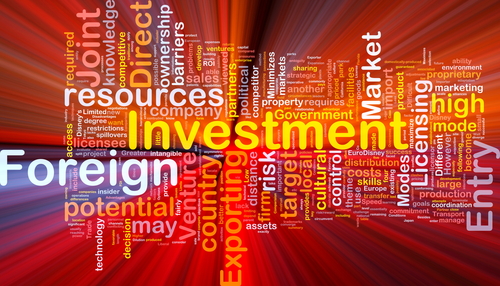Breaking
Moody’s analyst says: Reduce power cost, resolve cargo problems
MANILA, Philippines – A Moody’s Investors Service analyst stressed on two areas, with regard to easing restrictions on foreign investments in the Philippines: reduce power costs and improve cargo movement. The analyst pointed to these two factors as being of greater importance than amending the Constitution to lighten curtailments governing foreign investments.
Christian de Guzman, vice president and senior analyst at Moody’s, told The STAR, by way of email: “On Charter change, I would note that liberalizing the constitutional restrictions on investment is not a panacea for the weak performance of Philippine FDI (foreign direct investment) relative to other countries in the region Arguably, further developing infrastructure in a way that lowers the cost of electricity or improves logistics efficiency, among others, may be more critical.”
The cost of power in the Philippines ranks among the highest worldwide, and the Port of Manila is severely over congested due to the daytime truck ban in the city of Manila, which has adversely affected the movement of goods in and out of the port area.
Meanwhile, the House of Representatives has commenced plenary debates on the issue of doing away with prohibitive economic provisions of the Constitution; the enforcement of which are generally seen to hamper the influx of foreign investments.
Although the country’s net FDI has increased – with latest reports from the central bank showing growth of 34 percent as of May 2014($2.923 billion) compared with May 2013 ($2.182 billion) – the Philippines still lags behind the other member countries of the Association of Southeast Asian Nations.
The Philippines had a net FDI of $1.852 billion in the first quarter of 2014; much lower than Indonesia’s $4.527 billion, Thailand’s $2.887 billion, and Vietnam’s $2.45 billion.
A net annual FDI $1 billion has been forecast for the country by the Bangko Sentral ng Pilipinas; well below the $3.86 billion net FDI reached in 2013.
In this regard, De Guzman emphasized the need for the Aquino government to persist in its efforts for economic reforms, up to the end of the president’s term in 2016.
“As I am not a political analyst, I’d rather not comment on the implications of a second Aquino administration. However, I would note that it may be more important to focus on the near-term outlook for reform,” De Guzman said.






















